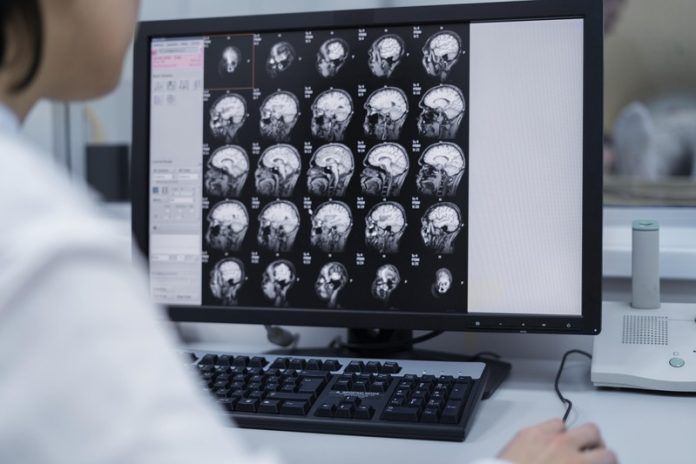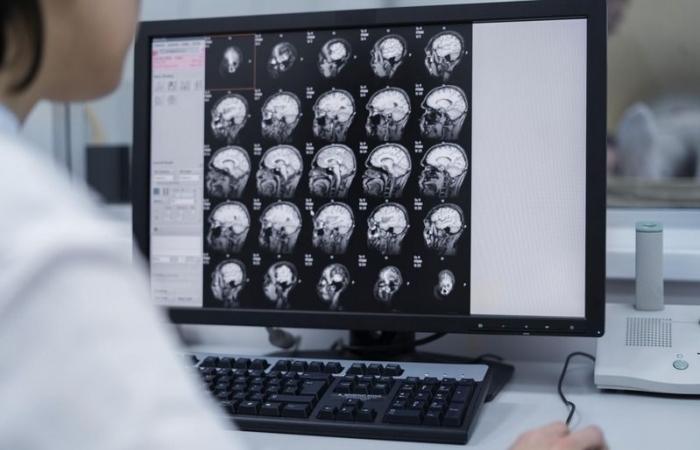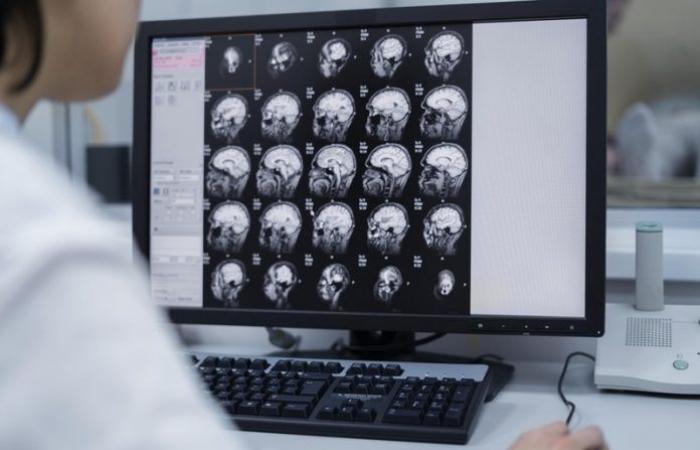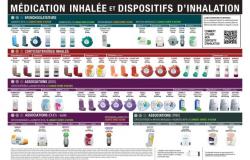

According to the WHO, nearly a third of people with depression do not react, or very badly, with conventional treatments. Ineffective drugs, psychotherapy without effect, feeling of dead end … These patients, often designated as suffering from resistant depression, are the big forgotten of modern psychiatry.
But a glow of hope has just arisen on the side of French research. A non -invasive method, without undesirable effect, using focused ultrasound to stimulate specific brain areas. A promising technology that may well embody the long -awaited new depression treatment.
A French pilot study that makes noise!
Led by researchers from GHU Paris Psychiatry & Neuroscience, Inserm, CNRS, Paris Cité University and ESPCI Paris, this study has targeted five patients with severe and resistant treatment.
For five consecutive days, these patients received ultrasonic stimulation sessions targeted on the subcalular cingular cortex. A region of the brain known to play a central role in mood regulation.
An average drop of more than 60 % of the severity of depressive symptoms was observed from the fifth day. No side effects have been reported, and patients have tolerated the treatment.
Therapeutic ultrasound: a real solution?
How do these therapeutic ultrasound work?
Unlike deep brain stimulation, which requires heavy surgery to implement electrodes in the brain, ultrasonic stimulation is non -invasive. It is based on personalized acoustic lenses printed in 3D for each patient.
-These lenses make it possible to precisely focus the ultrasound on the target regions, while crossing the skull without damaging it. It’s a bit like directing a light beam through a lens, except that here, they are high frequency sound waves that cross the tissues.
Why it’s a little medical revolution
- Without surgery: no implant, no scar, no post-operative rehabilitation.
- Customizable: Each treatment is suitable for the shape of the patient’s skull.
- Without pain: patients do not feel discomfort or side effects.
In summary, this technology may well become the new reference depression treatment for resistant cases. Without constraints and the risks of current treatments.
Encouraging results, but also to confirm
Let’s be honest, the study only relates to five patients. It is therefore still too early to talk about generalization. Larger -scale clinical trials are planned to confirm these first results.
But according to the researchers, the results observed are spectacular enough to consider a revolution in the management of resistant depression.
NAMELY
In the study by GHU Paris, Inserm, CNRS, Paris Cité University and ESPCI Paris-PSL, patients received daily sessions of ultrasonic stimulation of low intensity for five consecutive days. Each session lasted approximately 5 minutes, totaling 25 sessions over the period.














